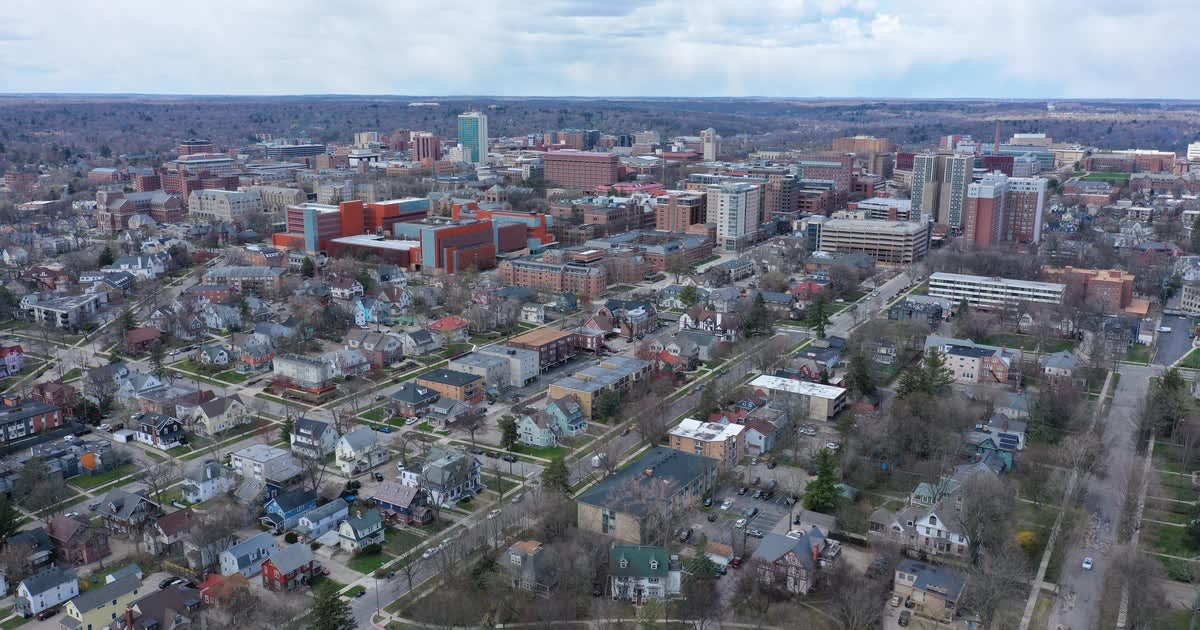- Educational Dominance Continues
- University Town Advantage
- Statewide Recognition
Ann Arbor has claimed the top spot as America's most educated city for 2025, extending a streak that has made the Michigan college town a national symbol of educational achievement.
The personal finance website WalletHub released its annual ranking today, placing Ann Arbor first among the nation's 150 largest metropolitan areas based on educational attainment, school quality, and learning opportunities. The study comes as cities nationwide grapple with teacher shortages and pandemic-related learning losses, making Ann Arbor's sustained performance notable.

Ann Arbor's metro area boasts nearly 96% of adults with high school diplomas, while more than 58% hold bachelor's degrees and nearly one-third possess advanced degrees—the highest rate of graduate-level education in the United States1. The city ranked first for educational attainment and fourth for education quality and equity1.
"The most educated cities provide good learning opportunities from childhood all the way through the graduate level," said WalletHub analyst Chip Lupo1. The ranking methodology examined 11 metrics including graduation rates, college degrees, school quality, and education gaps by race and gender1.
The top 10 included Durham, North Carolina; Madison, Wisconsin; San Jose, California; and Washington, D.C.23. Ann Arbor has held the number one position for at least seven consecutive years, according to previous WalletHub studies4.
Ann Arbor's status as home to the University of Michigan contributes to its educational ecosystem, but city officials have emphasized decades of prioritizing education at all levels1. The University of Michigan ranks 21st among national universities and third among public institutions in U.S. News & World Report's 2025 rankings2.
Beyond higher education, Ann Arbor operates six public high schools, eight middle schools, and more than 20 elementary schools3. The city also hosts Washtenaw Community College and Concordia University Ann Arbor3.
Several other Michigan cities earned recognition in the study, with Lansing-East Lansing placing 30th, Grand Rapids-Kentwood at 69th, Detroit-Warren-Dearborn at 76th, and Flint at 129th1. The rankings reflect a broader relationship between education levels and urban economic development that researchers have documented2.
Ann Arbor's educational achievements have translated into other quality-of-life recognitions, including being named the top city for quality of life by U.S. News & World Report in 20243.
"Higher education doesn't guarantee better financial opportunities in the future, but it certainly correlates with it," Lupo noted1.



